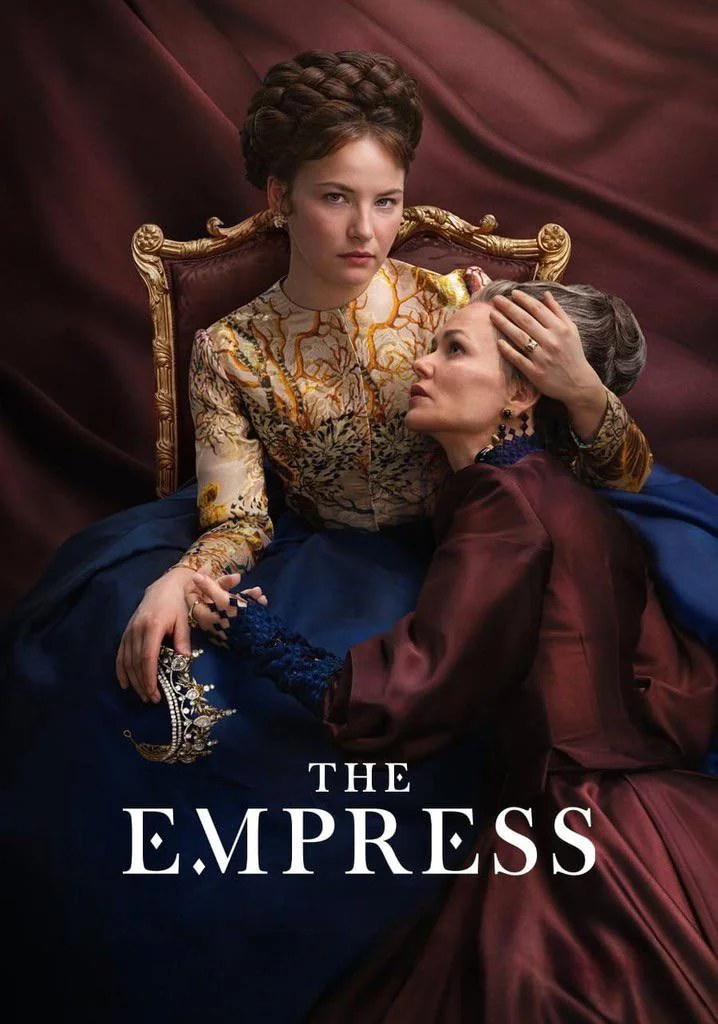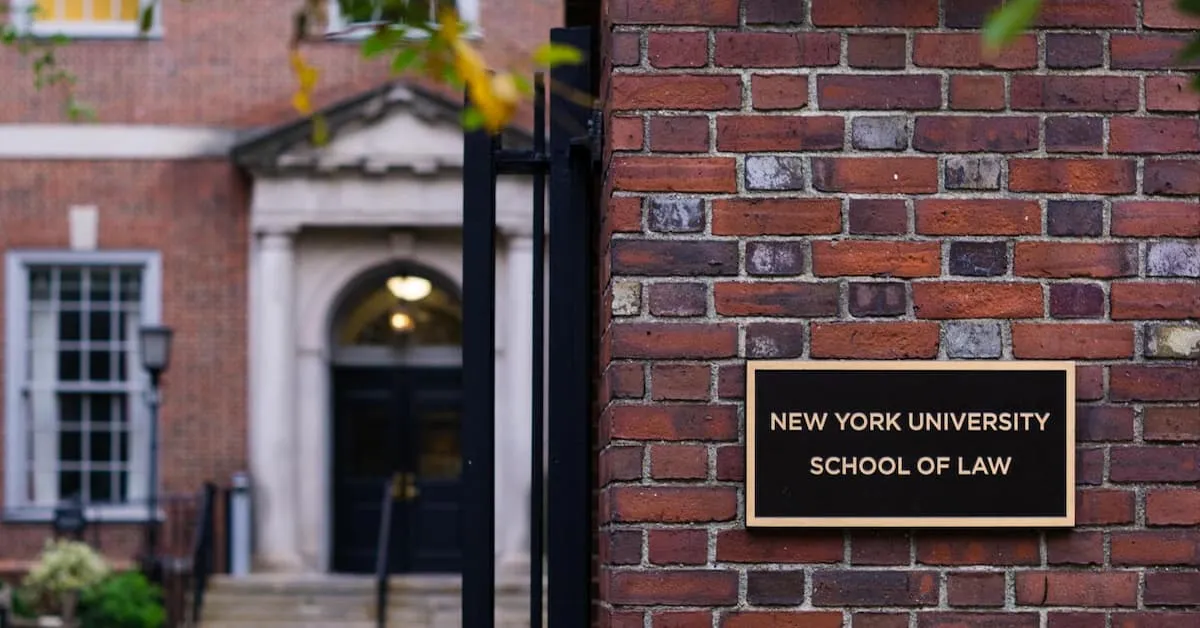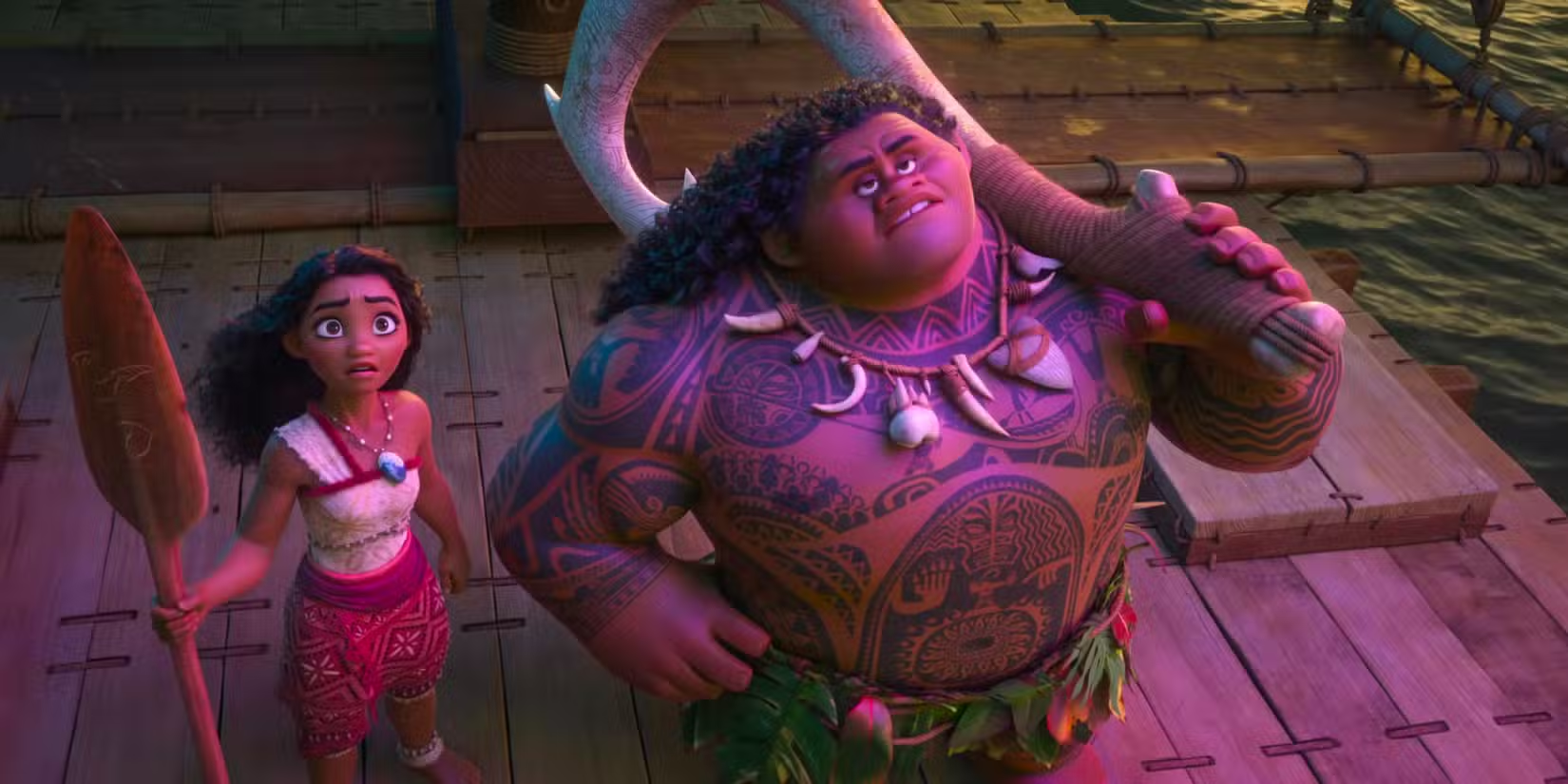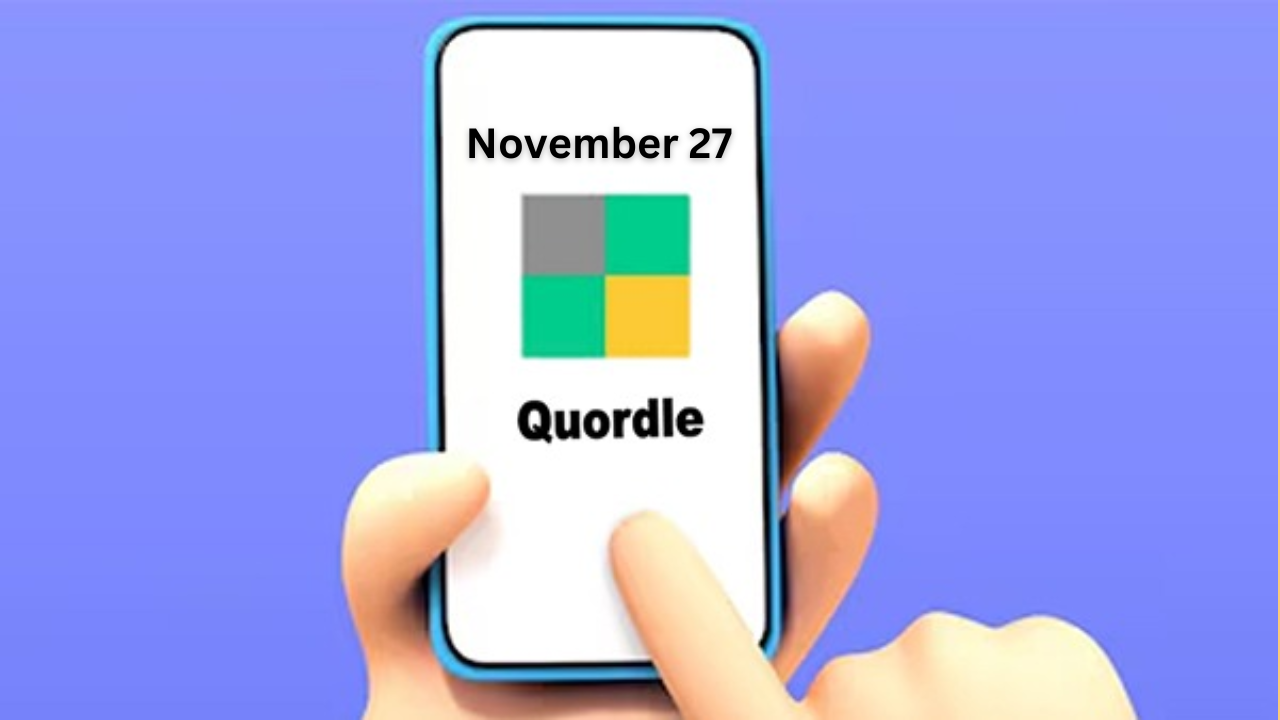Photo: GLAAD\YouTube
It’s late November here in the middle of the Pacific Ocean on islands taken as the 50th of the United States. The weather is vacillating between sunny warm and breezy cool. Enjoyment of the “Thanksgiving” holiday has passed and now there is anticipation of the coming year end and the holidays that it brings. It is during this time that family, friends, and community are accentuated as multiculturalism peaks.
Black, Chinese, Japanese, Korean, Latina/o, Philippine, Vietnamese, and White Americans all celebrate this time of year uniquely. It is at this time that visitors from the mainland—especially those from racially/ethnically non-heterogeneous areas of the US—enquire of representatives of the many Asian cultures: “How do you celebrate the holidays?” One finds oneself hearing these cultural representatives saying: “The Chinese People…, The Japanese People…, The Korean People…, etc. celebrate the holidays by…”
The operative word in these responses is “People.” It is an internationally recognized term (officially recognized in the United Nations) that permits one to associate oneself with a nation, culture, and a location and all that they entail. When someone begins a response with “The XXX People…,” we can hear and sense their pride in their affiliation/association with that people.
As you may know, Black Americans are recognized by the United Nations officially as an “Afrodescendant People.” That is the name agreed upon by Black People throughout the Western Hemisphere. It ties us directly back to our origin. We are recognized as being of African descent, but not as an “African People.” We have been transformed by the socioeconomics of history. Consequently, when asked how we celebrate the holiday, it would be proper to say: “The Afrodescendant People…” However, until that nomenclature takes hold, it is perfectly proper to simply say: “The Black People celebrate the holidays by…”
Too often, we fail to add the word “people.” We say: African Americans, Black Americans, and Afrodescendants without adding “people.” When we fail to add “people,” we leave ourselves uncollected, diffused, scattered, and individuated. It diminishes who we are—a 45+ million population with a history and culture like no other. Not using “people” has the conscious and unconscious effect of assigning to ourselves weakness. It is akin to identifying ourselves by raising and open-palmed hand as opposed to raising a tightly clasped fist. Bro. Malcolm explained the difference.
When we say “The Black People…” we automatically convey that we bring with us our culture, our version of the English language, and our heavily populated locales in the Northeastern, Mid-Atlantic, Southeastern plus Texas, Midwest, and Far Western portions of the US. Whether we know it or not, it also conveys what we are known for producing: Great entertainers (artistic and sports); powerful religious personalities; wonderful foods and hospitality that generate human joy; exceptional authors; an uncanny proclivity to invent; high-flying scholars who bring a unique spin to otherwise mundane academic topics; and a tradition of social activism, which often produces better outcomes for others that it does for us.
We are not now at the point where we are known, like the Japanese People, as the producers of the world’s finest electronic goods. Our labor has been suppressed and the US adopted an outsourcing strategy, which now bars our claim of contributing to the most prolific manufacturing industry in the world—the Chinese People possess that claim. Given the racial and ethnic driven inequality and strife in the US, we certainly do not reside in the world’s happiest country—Finland has that distinction. What we know is that the other “people” mentioned here carry these claims and titlesas badges of honor.
The central point is that “People” signifies much: Who, what, where, quantity, and quality. The individuals within the “People” come to know all of this, and they all work fervently to reinforce and retain these honorific traits. At some point in history, these “People” were able to establish a standard—a benchmark—that they work and fight vigorously and persistently to maintain.
As Black People, we should continue to get on board in unanimity with this way of thinking. We should want the world to know that when we begin our statements with “The Black People…,” we are talking about a people with: A “who” that is unique in our troubled but now favorably evolving history; a “What” that is our rich and wonderful culture (language, religion, foods, traditions) and that we produce marvelous products; a “Where” that is distributed across selected portions of the US and increasingly elsewhere in the world (our diaspora); a “Quantity” of 45+ million population and the magnitudes of what we produce through the industries in which we excel; and a “Quality” that is superb and that is characterized by our iconic products, services, and personalities.
We are a special and blessed people who have: Struggled to forge a place in a world that wanted to use us up and then deny us existence; achieved the unexpected and continue to surprise and rise; and who have established a high standard of excellence in much of what we do.
Yet, in a creation that continues to evolve, we remain a work in progress. That progress will become grander and more accelerated as we all assume completely our who, what, where, quantity, and quality mantles as a people.
During this holiday season, let us begin to add the word “people” when conversing generally about Black or Afrodescendant Americans—especially when asked how we celebrate the holidays. Let us begin our responses with: “The Black People…” or “The Afrodescendant People…” By the time we reach the 2023 New Year, we will be primed to live and act more like a “People.” This will bode very well for our future as individuals and as a “People.”
Dr. Brooks B. Robinson is the founder of the Black Economics.org website: https://blackeconomics.org/index.php/about-us/









